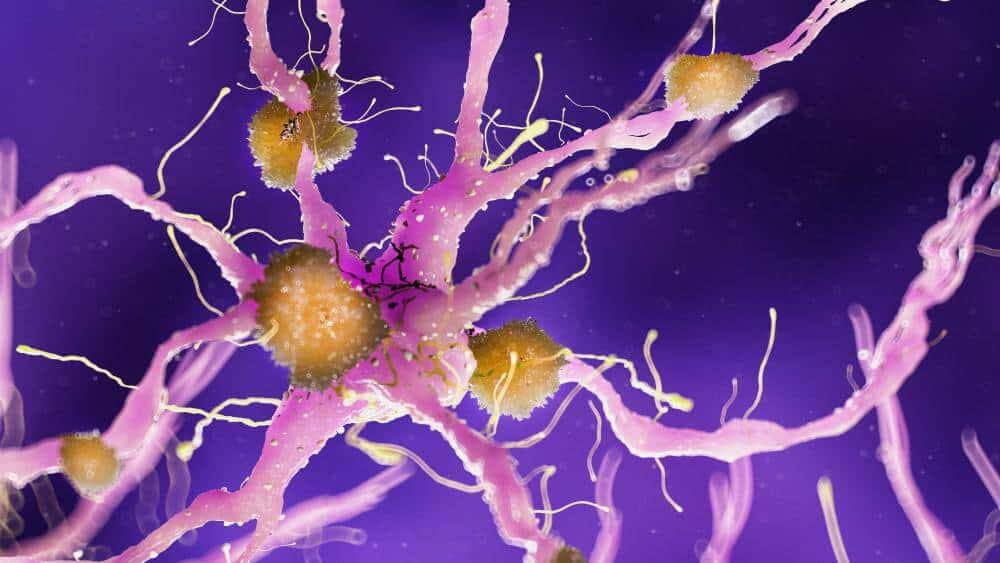Alzheimer’s is an irreversible disease that progressively worsens over time. Researchers found that an abnormal build-up of certain proteins in the brain called ”plaques” and “tangles” will eventually spread throughout the brain, causing the tissue to shrink significantly. This causes trouble with memory, problem-solving, thinking, and movement. There are many factors that may dictate the progression of Alzheimer’s, but aging is the most important known risk. Up to 1.5% of people between the ages of 65-69 are affected, and between 25-30% are affected over the age of 90.
The symptoms of Alzheimer’s can vary from person to person. Some memory-related changes are normal with aging; however, if you notice any of these symptoms consistently, speak with your doctor immediately.
- Memory Loss – This is the most common early symptom of Alzheimer’s. You may start forgetting dates and appointments, asking questions repeatedly, or relying heavily on notes and reminders.
- Confusion – Those with Alzheimer’s may have difficulties remembering the times and places they’ve previously visited. Some will forget where they are and how they got there.
- Personality Changes – Those with Alzheimer’s may notice a shift in personality and mood. They can develop confusion, paranoia, and depression, especially in unfamiliar places and events.
- Normal Tasks Taking Longer – Are you finding it harder to complete the day-to-day activities you’re used to, such as running errands or visiting family? People who have Alzheimer’s often find it difficult to complete simple tasks they’ve previously done before.
- Losing Things – Misplacing items in odd places is a common early sign of those with Alzheimer’s. Many will find themselves unable to retrace their steps and may accuse others of stealing from them.
- Poor Judgement – Changes in decision making can appear as one of the first signs of Alzheimer’s. For example, they may spend large amounts of money on telemarketers or pay less attention to personal hygiene.
- Issues Speaking or Writing – Finding yourself unable to follow or join a conversation could be an initial symptom of Alzheimer’s. Those who have the disease may stop in the middle of a conversation, repeat themselves, or struggle with vocabulary.
- Loss of Initiative – One of the first observable symptoms of Alzheimer’s is lacking the initiative to do the things you once enjoyed, such as social events, projects, and hobbies. They may isolate themselves due to the changes they’re experiencing.
What are the next steps?
The diagnosis of Alzheimer’s can be difficult for you, and for your friends, family, and other loved ones. Researchers are still actively working to better understand this disorder and find an effective treatment. There are unfortunately no drugs approved by the FDA that treat the underlying cause, however, there are drugs available to alleviate the symptoms of the loss of brain cells. Available drugs can only improve symptoms temporarily and often cause significant side effects.
With increasing research and studies over the decades, stem cell-based therapies may show potential to those with neurodegenerative disorders, such as Alzheimer’s disease. Several scientific publications have documented that stem cells may differentiate into a specific cell or tissue type. This approach may help in addressing memory loss, speech impairments, mood disturbances and other symptoms related to Alzheimer’s.
If you suspect that you or a family member is showing signs of Alzheimer’s disease, please visit your doctor immediately. With early detection, a treatment plan can be created to help manage symptoms and maintain independence for a longer period of time.
Considering regenerative therapy for Alzheimer’s disease? Learn more about RegeneVive Health and Wellness today! To determine if you’re a good candidate, we request that you complete the Medical History Form.
